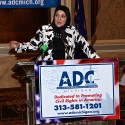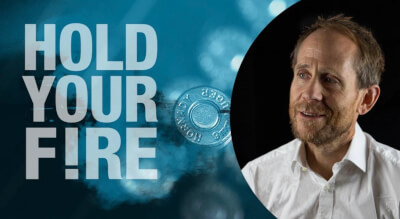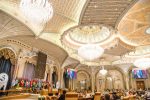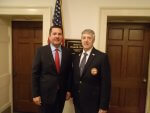Political Tsunami in France, how to stop the waves
The majority of the Arab/Muslim communities are not voting homogeneously because of their societal, social, cultural and intellectual background differences.
By Abdennour Toumi
The first round of the presidential elections in France has provoked a historical duel in the run-off election on May 7th. Mr. Emmanuel Macron, President Hollande’s former economic adviser and later Minister, who is not a leader nor a member of any political party, is the youngest ever presidential candidate.
The 39-year-old founded his movement Forward (En Marche) a year ago; portrayed by his followers as an independent-centrist, Mr. Macron will face the far-right FN party leader Ms. Marine Le Pen.
Mr. Macron finished first with 23.7% of the vote to Ms. Le Pen’s 21.5%.
This expected arrival of Ms. Le Pen on the podium is undoubtedly confirming the rise and the consistency of the FN scores in the last local and national elections, which nationally made the party the first political party in French politics.
Surely it signals the clinical death of the classic two parties that have governed France for decades; for the first time in 60 years mainstream parties right and left were rejected by the voters in the first round.
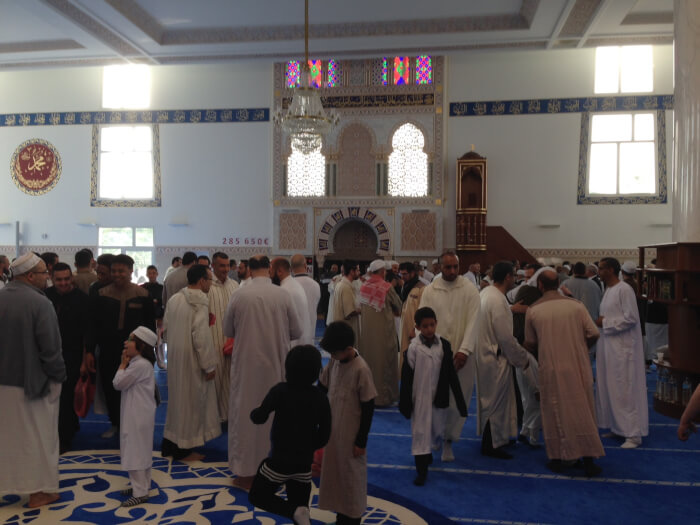
The result though has resonated like tsunami tides across the Hexagon, a conventional right-wing candidate, who imploded his party LR in light of the “Penelope Gate,” and a Socialist candidate, who was thrown under the bus by his party establishment scores, the lowest (6.3%) for his party since 1969.
According to recent polls and optimistic analysts, Mr. Macron is expected to become France’s eighth Fifth Republic President and block Ms. Le Pen, an anti-immigrant/anti-system from becoming France’s first female president.
However, Ms. Le Pen’s utopian program is pretty much marching on the trajectory of Geert and Trump style. Like her Holland and U.S. backers, Ms. Le Pen is using the “other” as France’s malaise and bogeyman. So how are the Muslim and Arab voters reacting to this decisive election?
The majority of the Arab/Muslim communities are not voting homogeneously because of their societal, social, cultural and intellectual background differences and variations — which leads to the question: does the Arab/Muslim vote exist?
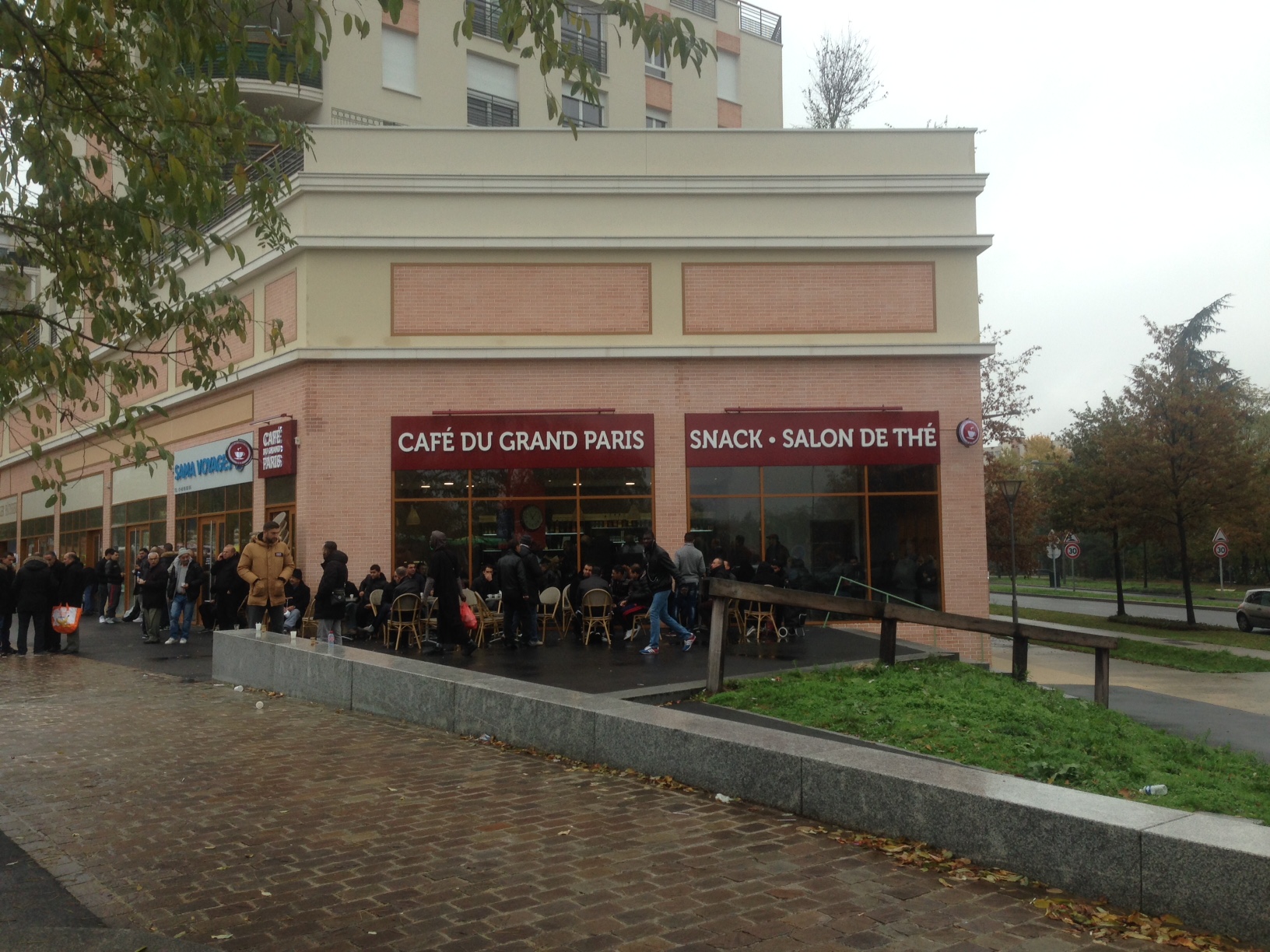
According to the UOIF (Union des Organizations Islamiques de France) respondent who prefers to remain anonymous, “the Muslim vote doesn’t exist in France… if it does exist is not federated like other communities in France.” The President of the UOIF enhanced this point in the annual Muslims of France gathering in Le Bourget, where he told the French media that the Muslim votes doesn’t exist and French Muslims vote should be like any citizen’s vote of this country.
In 2007, the Arab/Muslim voters had voted en masse for Hollande to punish Sarkozy’s MENA foreign policy imperatives and France’s Muslim faith and traditions ignorance. As a result an important segment from the conservative Arab/Muslim voters clashed on the societal question of the President’s promise over gay marriage — and later on his social promises program, i.e., employment and housing.
Yet in the wake of Charlie, the Paris and Nice attacks, even moderate candidates, except the Socialist and the France Insoumise (Unsubmissive France) candidates, have linked Islam and Muslims with security and terrorism, and to any Arab with a North African (Maghrébin) connection.
Consequently, the Arab/Muslim voters seem to be lost in the campaign message, hence they don’t know whom to trust; on one hand, they are highly aware and politically involved, on the other, they are caring less.
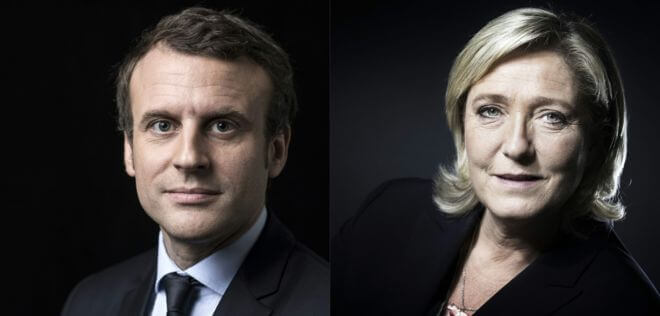
The youth in the so-called “cities” are struggling with the facts of daily life, such as racism and rejection at the work place and in the streets, while the elders are still traumatized by their native countries’ politics, which to them is a systemic joke.
In addition, the heterogeneity of the Arab/Muslim elite accordingly is eating the entire community body. It varies from a social grouping and ethnic distinction due to their political ideas and life style. The tiring question of integration/assimilation, secularism/traditionalism is the million dollar question for the classic politicians who committed collective suicide Sunday under this chronic issue.
In other words, French identity and values have become Marine’s pillars, add to that an intellectual euphemistic struggle, which has emerged within the Arab/Muslim communities over the matter of a “good” and “bad” Arab/Muslim in the eyes of the Republic.
For Ms. Le Pen, it’s clear all the “browns” are not welcome in her France, they are taking advantage of the French social programs and healthcare system, they are lazy and noisy. Nonetheless, large majority of former pro-French Algerians (commonly called Harkis in France) and their children voted for her in the Sunday election.
She is ardently anti-Islamist, is linking the UOIF to the Brothers and wants to ban the UOIF if she is elected. Whereas Mr. Macron has been trying to be prudent on this sensitive issue, and met with the Muslim community leaders before the first round election.
In spite of the high stakes of this election and the possibility that Ms. Le Pen could be elected in two weeks, the Arab/Muslim voters are not seriously measuring the danger like their counterparts in the U.S. who had been a strong voice against Trump led by CAIR (Council on American-Islamic Relations) and other Muslim and Arab civil groups.
Djamila, a 23-year-old of Algerian descent from the hot northeastern Parisian (le neuf-trois) 93, voted for Jean Lassalle, the candidate who got 1.2%. Why did you vote for him: “I liked his pyrenean accent (I don’t understand what he says), but I liked his movement’s connotation (“Resisters”) and he’s funny,” she told me.
More seriously, Kamel, a 28-year-old an at engineer the SNCF from Seine St. Denis 93, voted for Mélenchon. He found the France Insoumise candidate sincere and eloquent. On the same level, Sonia, a 34-year-old housewife with a Master’s degree in Biology, voted for Benoît Hamon, the Socialist candidate. Zoubida, a 48-year-old from l’Union, Toulouse, didn’t vote.
However, she will vote for Macron in the runoff because she doesn’t want Marine to be President. “Otherwise it will be a catastrophic outcome for my children and my retirement plan,” she said.
France woke up more divided and polarized than ever, so it’s not over yet for the FN candidate. The coalition of the French President, the discredited classic two parties leaders, Parisian elite, media and finance providing explicit endorsement for Mr. Macron will certainly upset the rural and blue collar voters in the land who will come in strong on May 7th to vote for the xenophobe candidate.
Whether the candidate of “the way forward” or the one in the “name of the people.” Arabs and Muslims are not going anywhere, they are fully French, facing high unemployment (10%) and security challenges like their white and black fellow citizens.
Bottom line, neither populism nor popularity are really arguments for change that the majority of French voters hope for.


- The Israeli-Palestinian Conflict: Is the Neither-Peace-nor-Security As-sumption Dominating Again? - June 7, 2021
- Algeria: “I Can See Clearly Now” - August 5, 2019
- Majesty Mohammed VI and General Gaïd Salah Tear Down This Wall! - July 29, 2019














